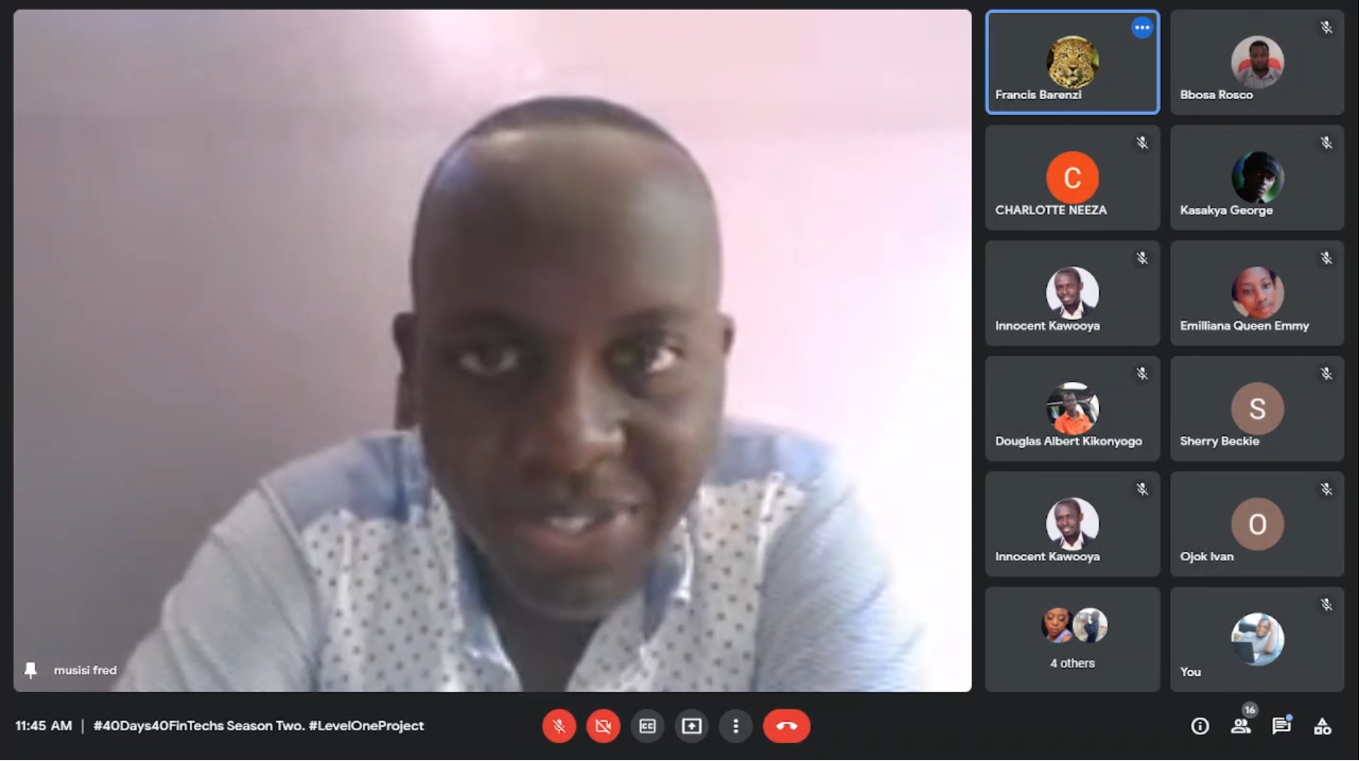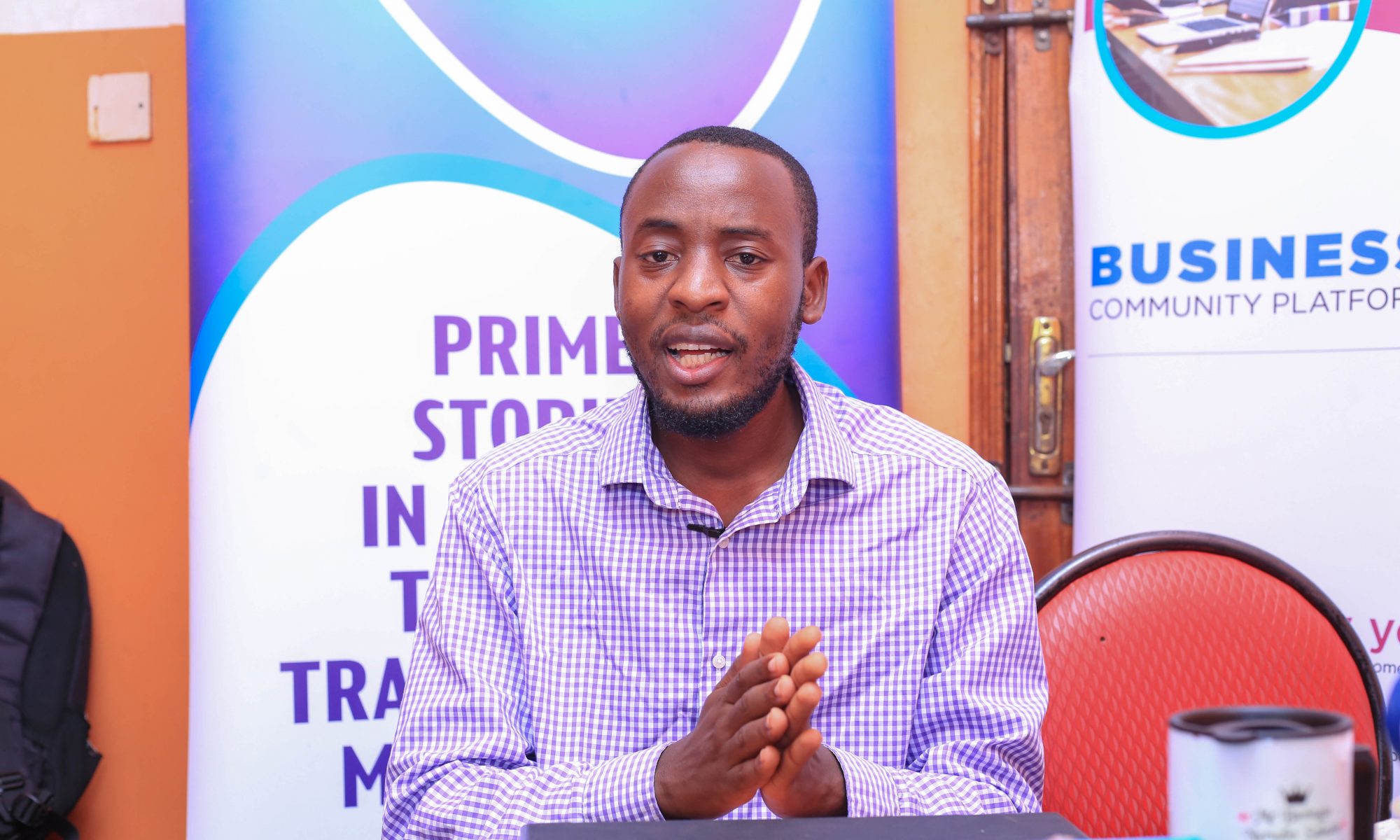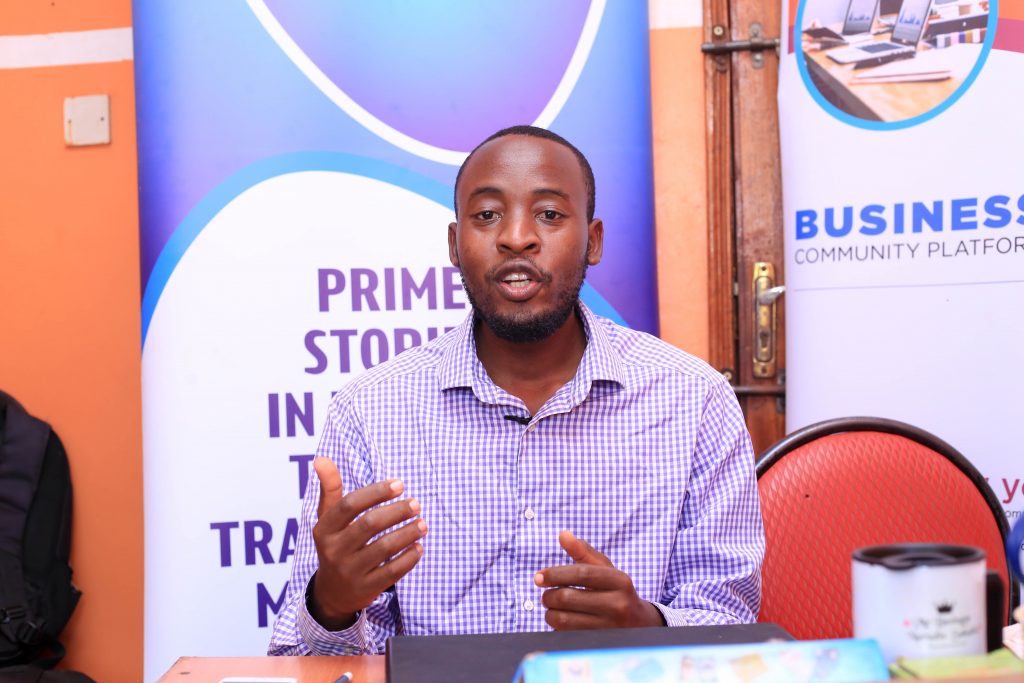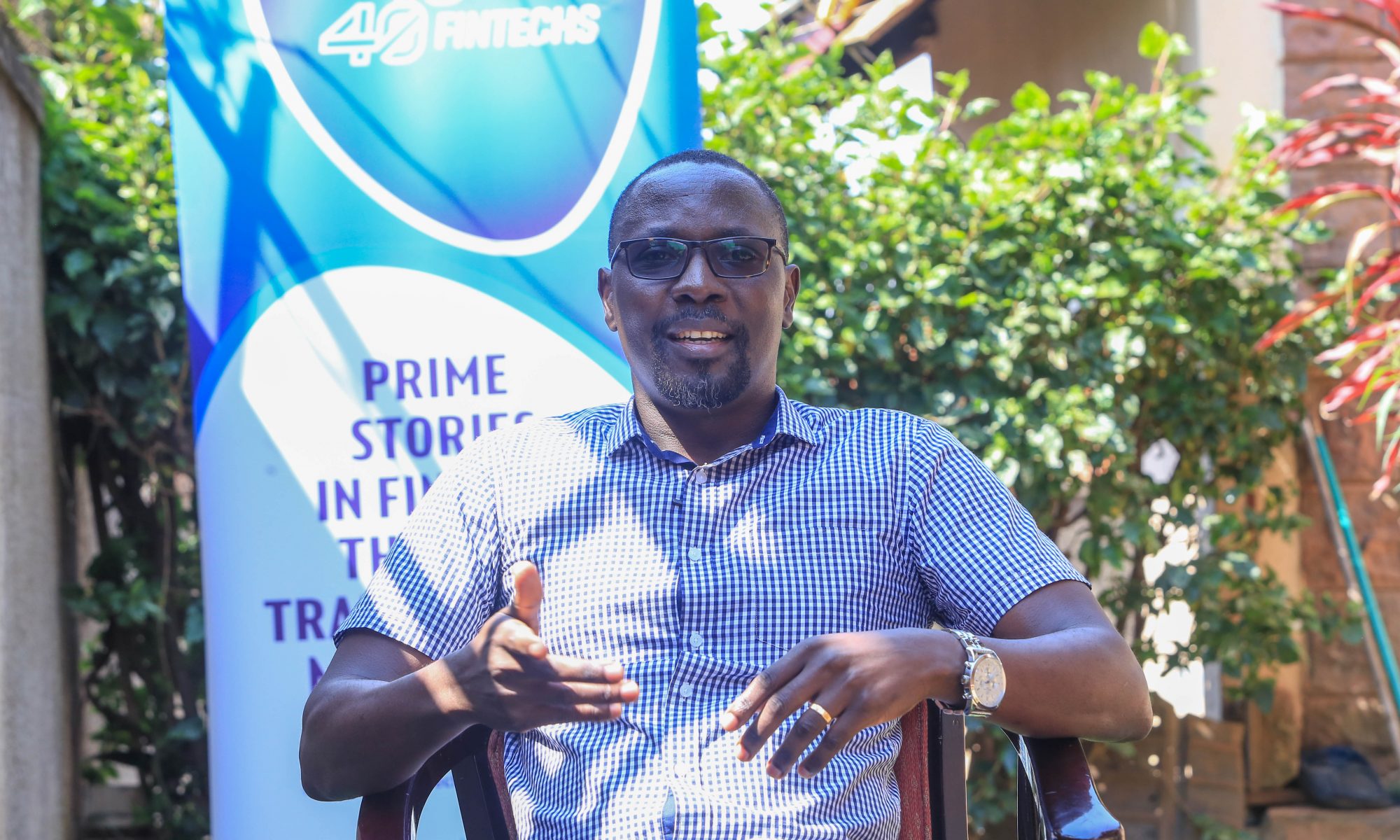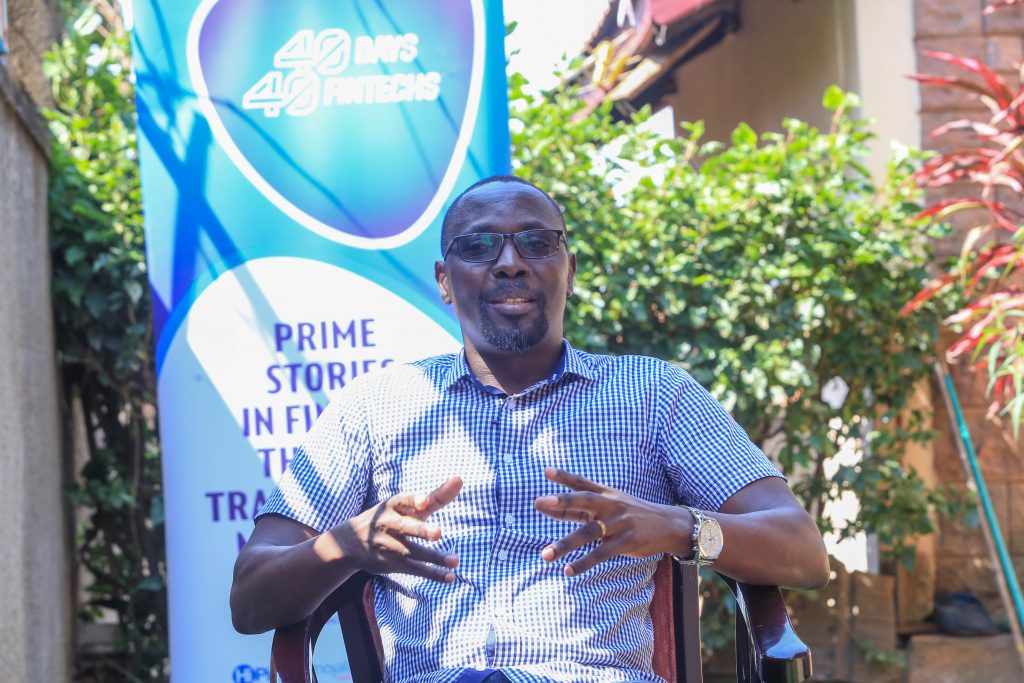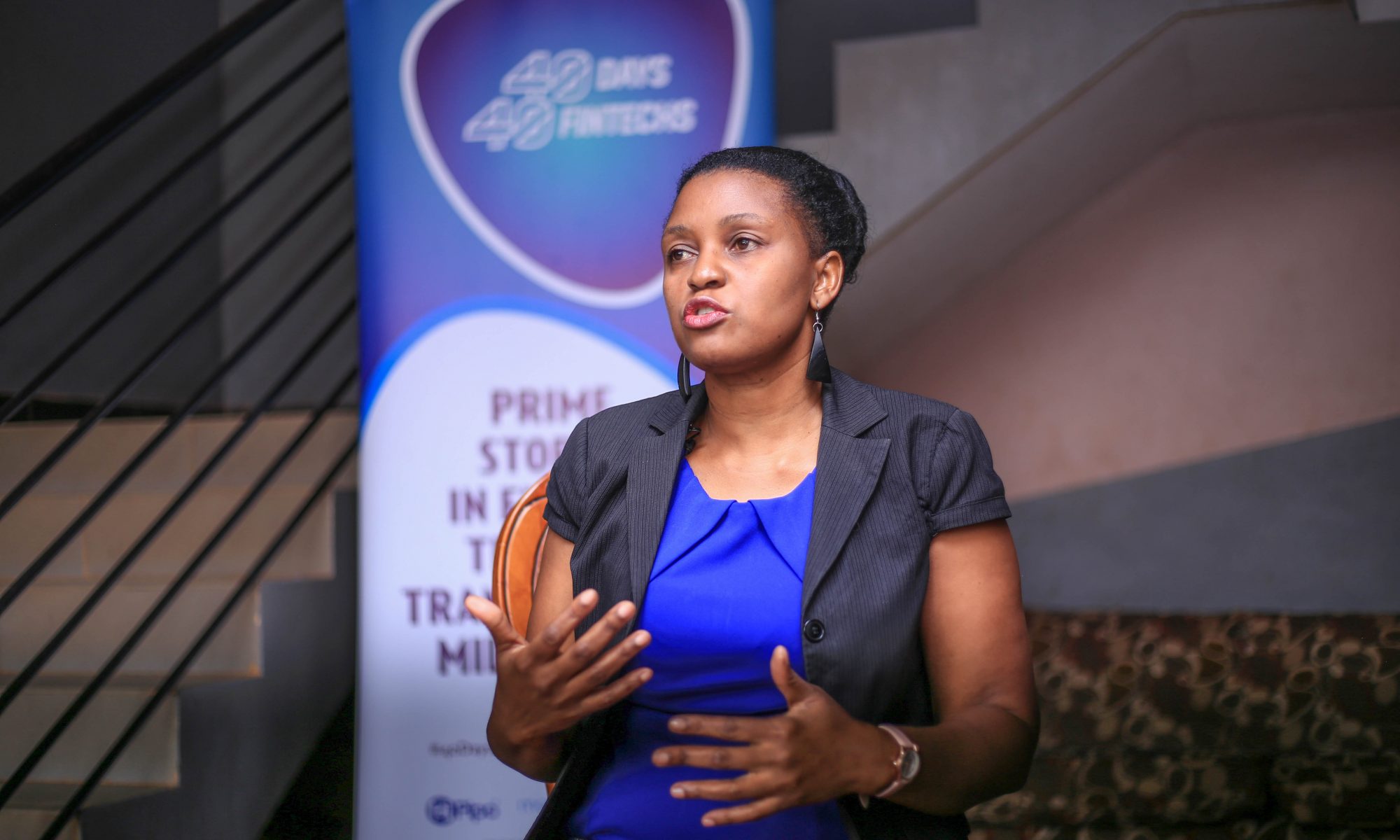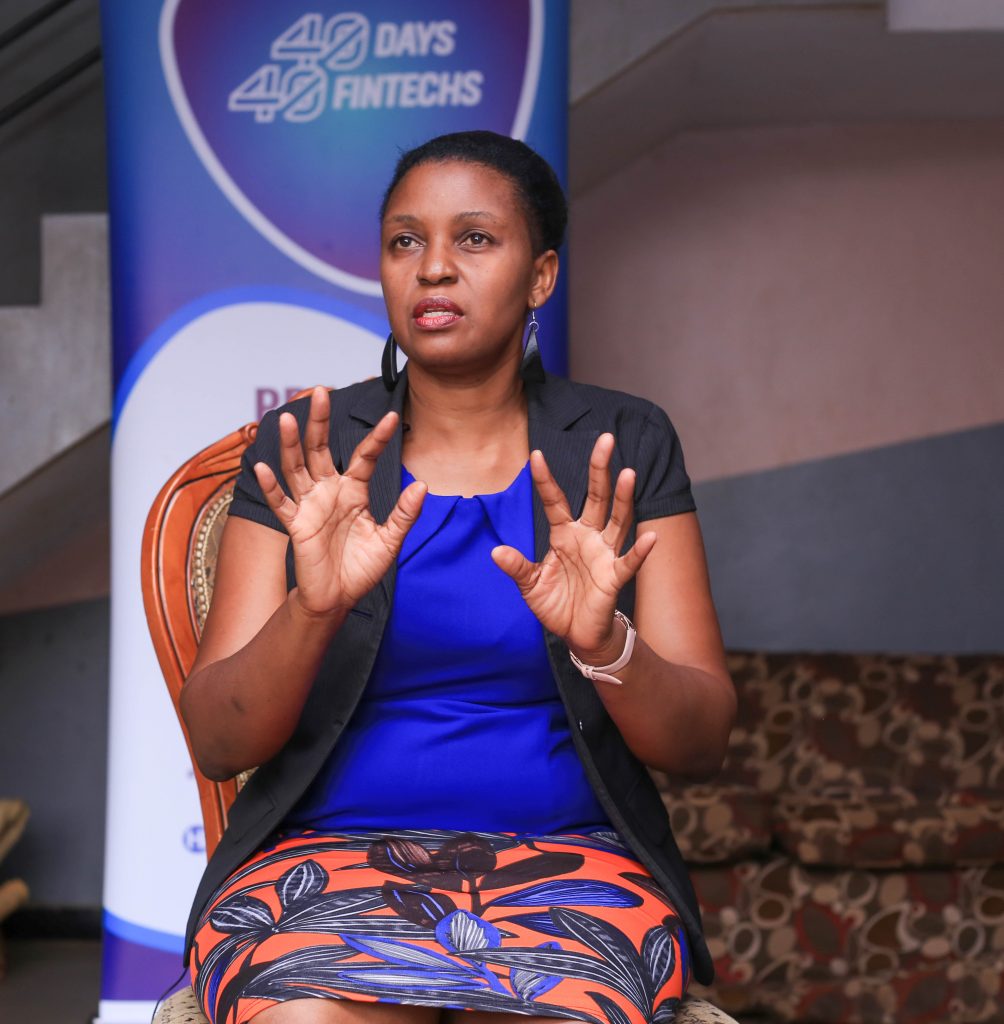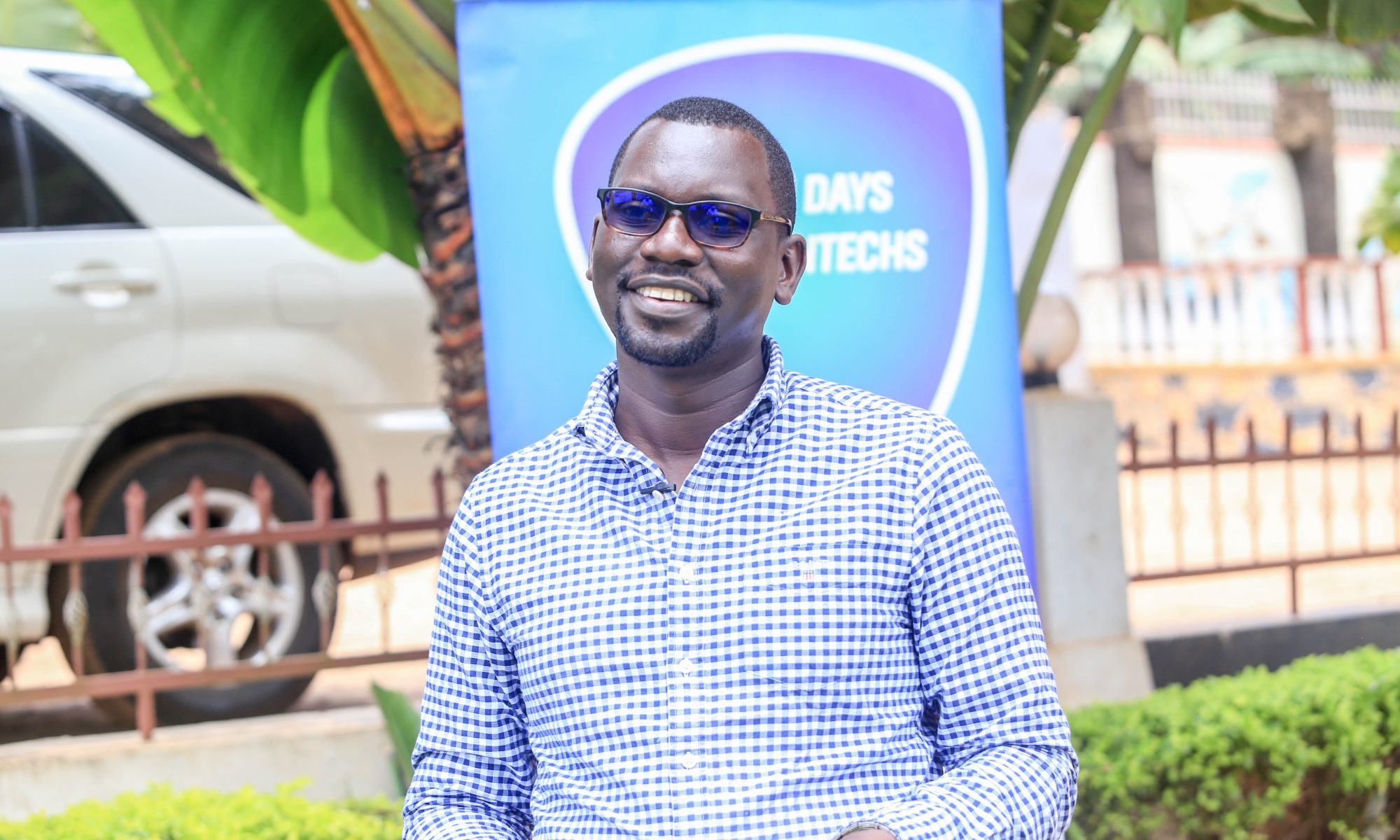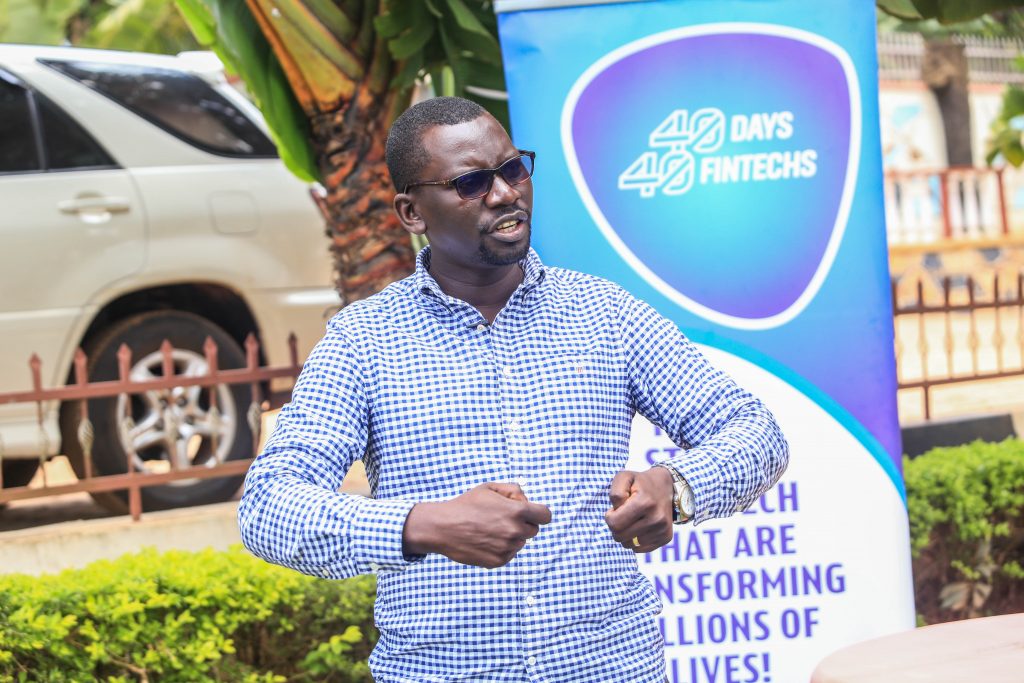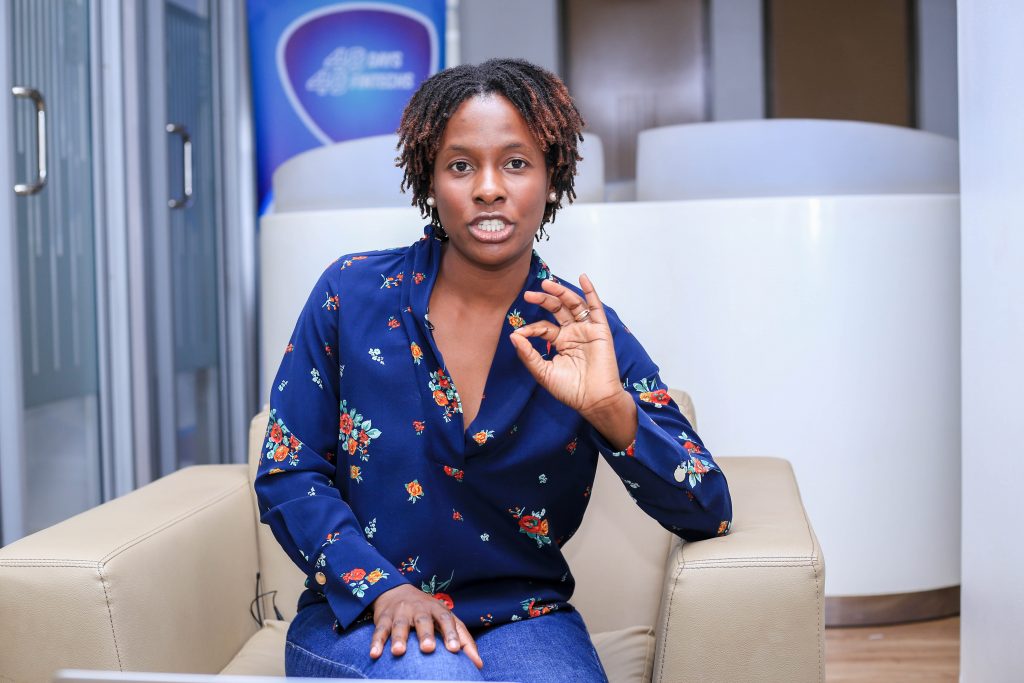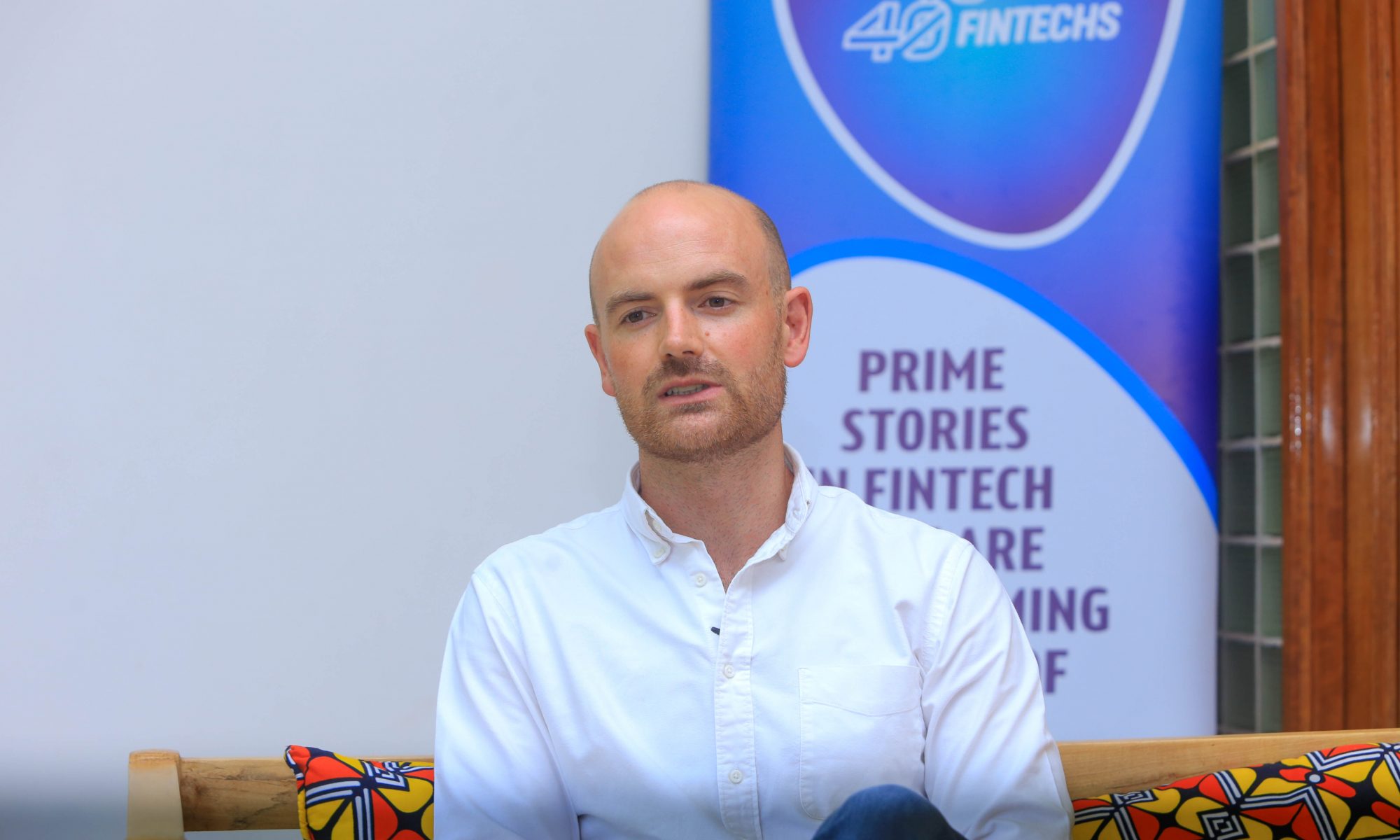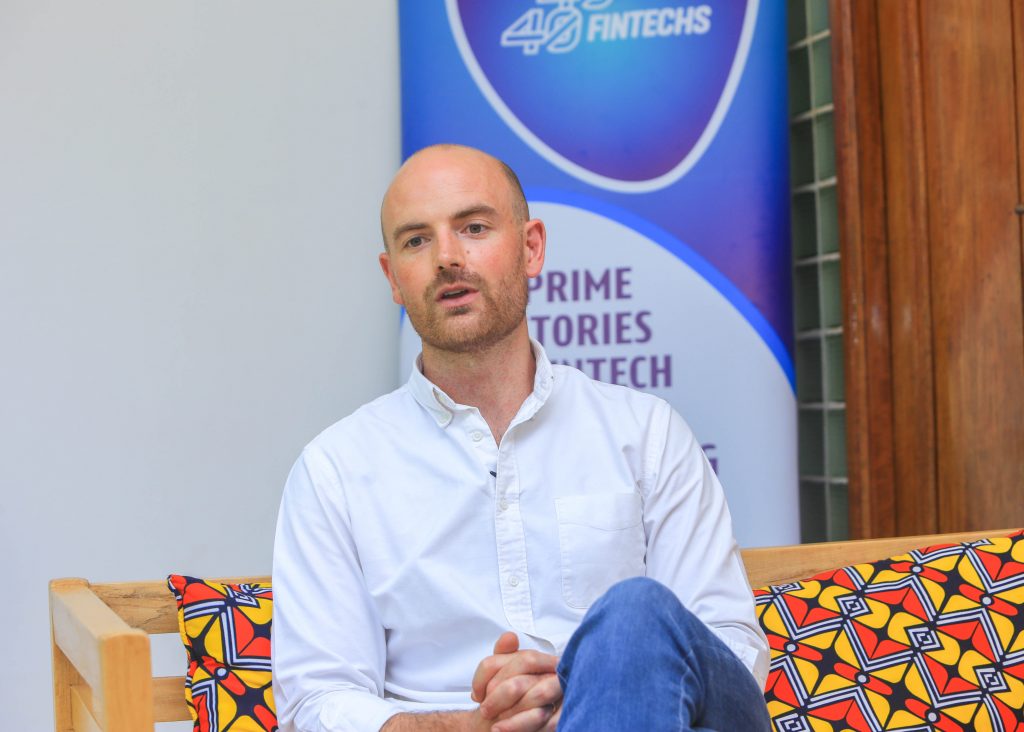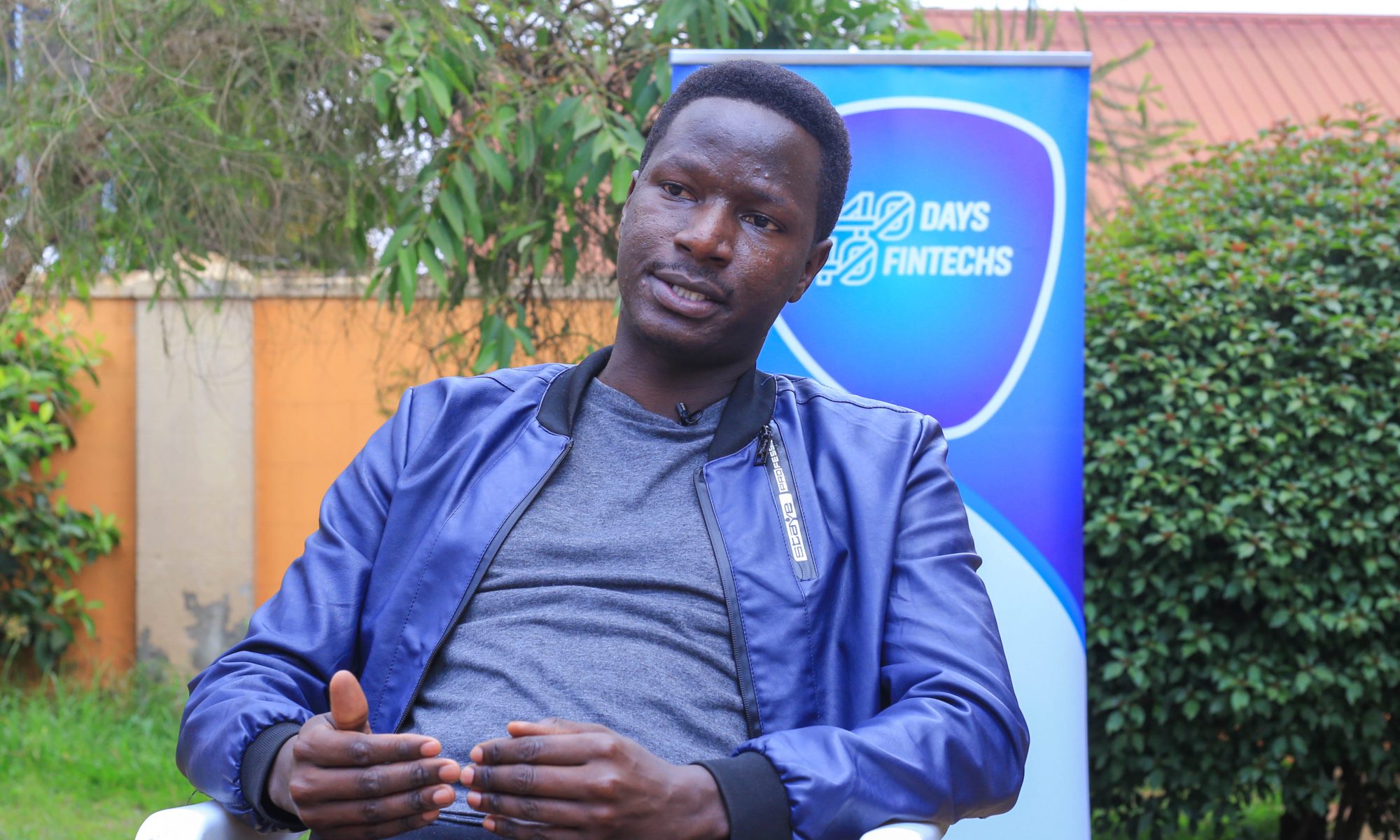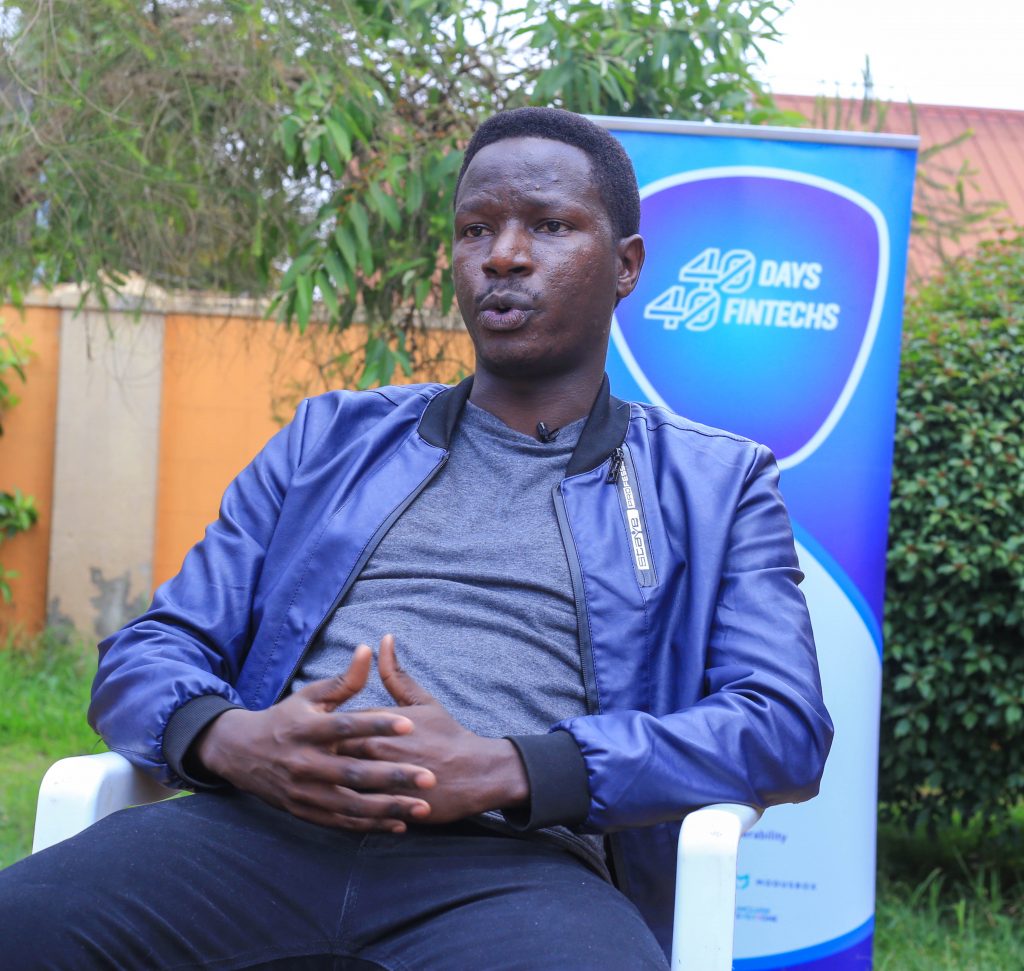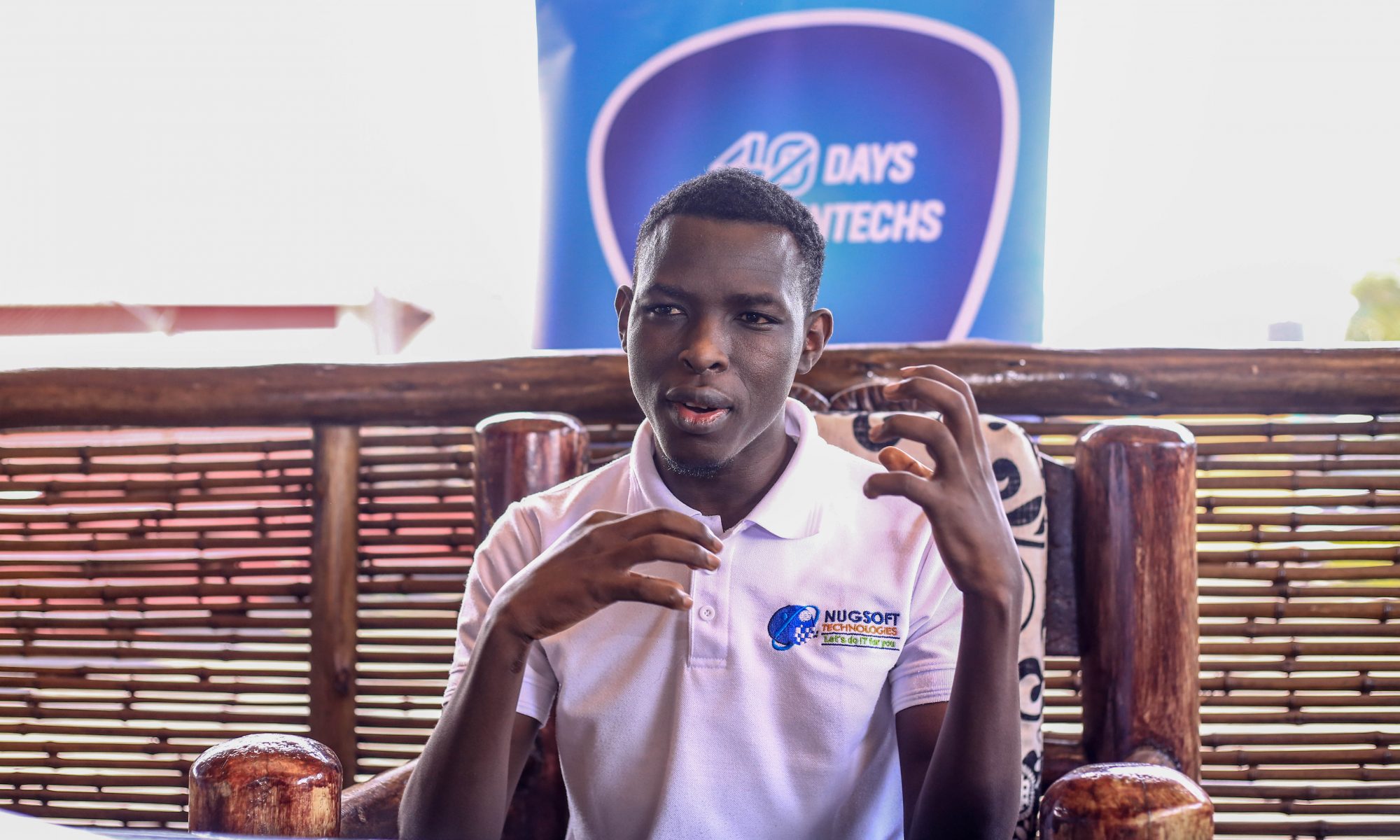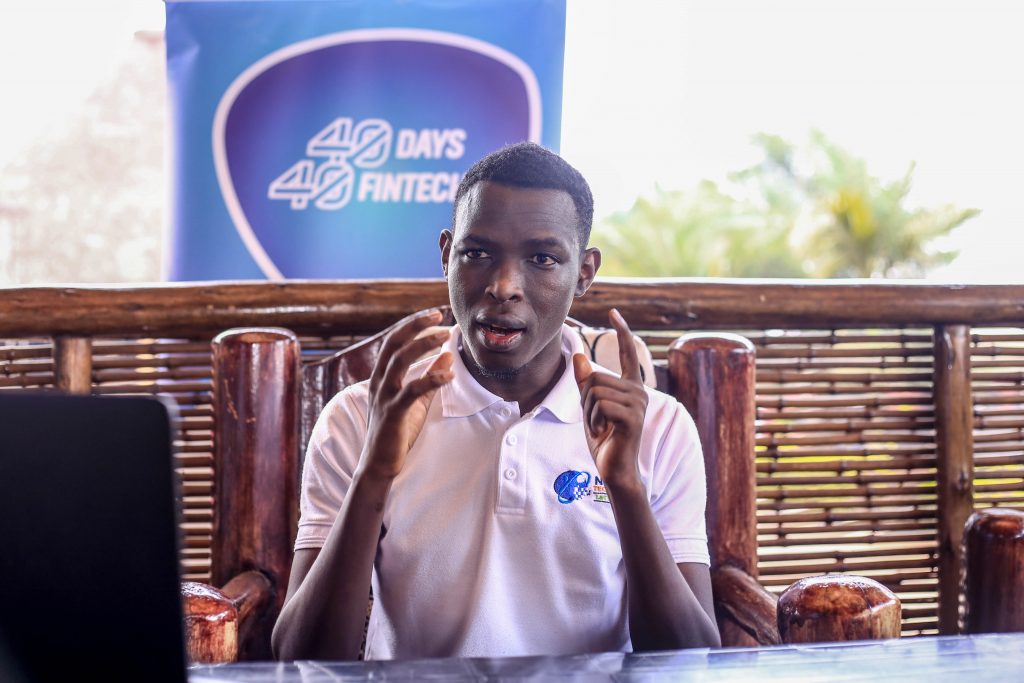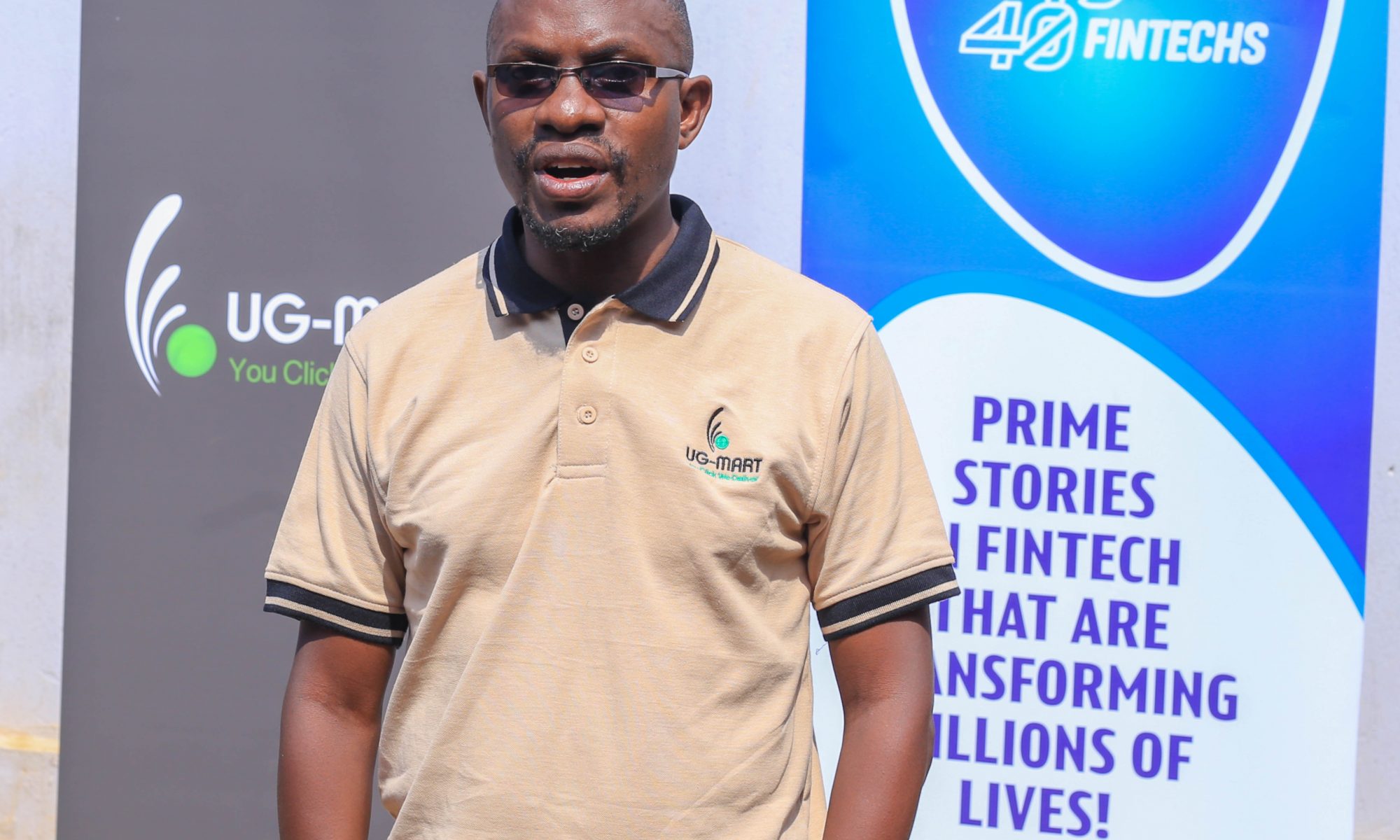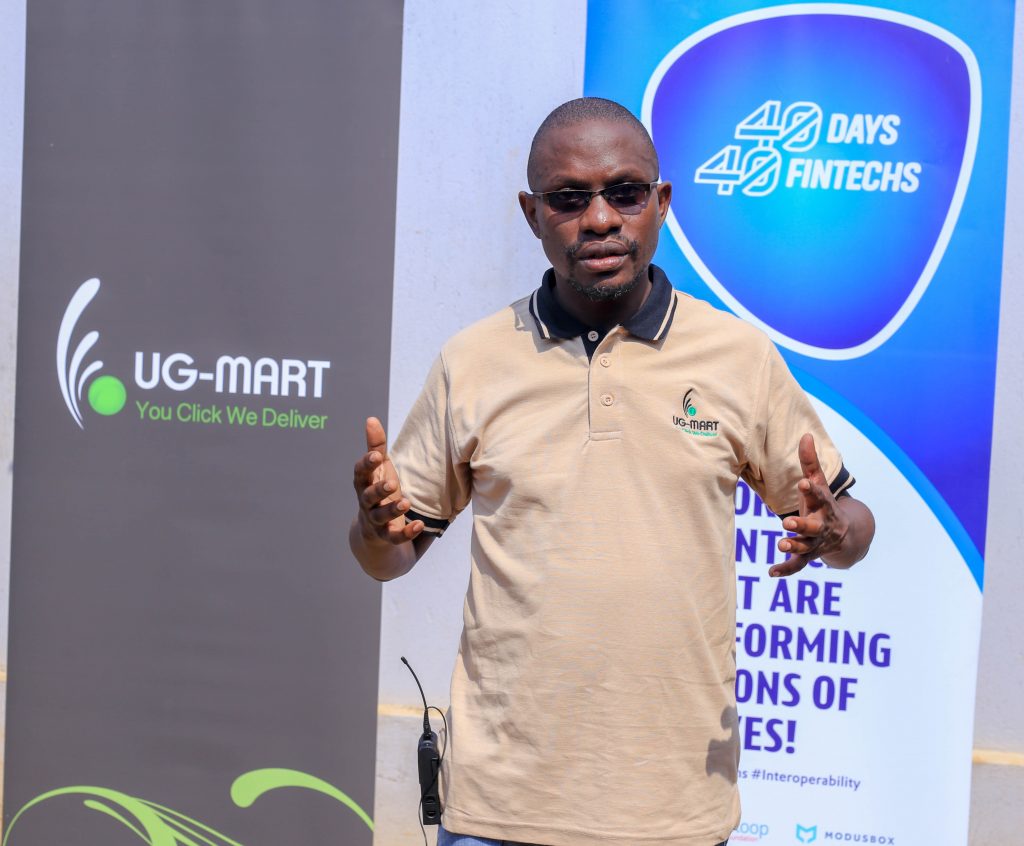By Our writer
It is one thing to develop a financial solution and another thing for that solution to be accepted in the market.
It is for that reason that Alpteq, an ICT Solutions a company that specialises in software development, decided to take a customer-centric approach in product development, to ensure that the financial solutions brought to the market address the target audiences’ needs.
The company’s Chief Executive Officer Fred Musisi says that for any solution to be successful in the African market, it must be customer-centric, putting a customer in mind throughout the solution development process.
“Even before you start developing the solutions, you must have the customer in mind since a number of people do not use high end devices,” he says, adding that this explains why the firm introduced web-based products so as to include as many people as possible.
He adds: “It is equally important to know the kind of customers you are serving because that is when you will be able to give products that are tailored for their needs.”
Established in 2019, Alpteq offers a range of high quality services in the development, delivery, and maintenance of software in Uganda including POS UG, Ease lend, UG Clinics and School novas.
Under the Ease Lend product, Alpteq has automated a number of women dominated SACCOs, including Self Sustainable Graduate SACCO and Mayenze Traders SACCO, among others.
Following the outbreak of the COVID-19 pandemic that has forced the country into two lockdowns so far, Musisi says that Alpteq was forced to revamp its School Novas solution to include an e-learning option to enable learners continue with their studies from home.
Prior to the pandemic, the School Novas product was strictly a management tool for schools.
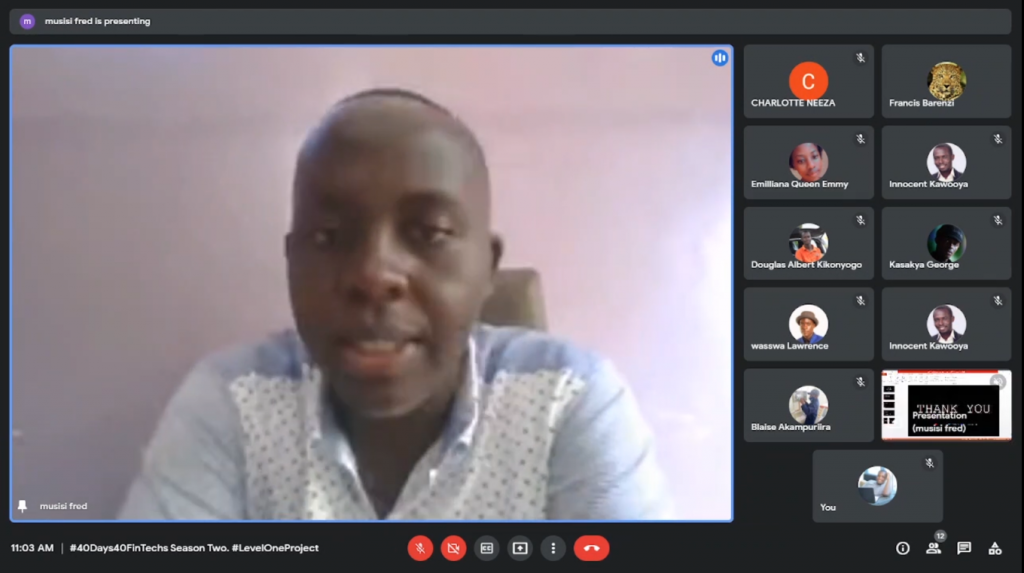
“While in 2020 and 2021 operations have been largely affected by the pandemic, this period has given us an opportunity to innovate and find ways of serving the less attended to sectors,” Musisi notes.
To enhance financial inclusion, payment for e-learning is done through mobile money.
Additionally, Musisi says that the growing need for businesses to cut costs so as to survive in this pandemic that contracted business, forced Alpteq to rethink its POS UG solution to enable businesses prioritise expenditure to lower expenses.
Musisi notes that through automation, businesses have been able to operate more efficiently and effectively.
Alpteq is participating in the ongoing second edition of the 40-Days 40-FinTechs initiative, organized by HiPipo in partnership with Crosslake Technologies, ModusBox and Mojaloop Foundation, and sponsored by the Gates Foundation.
The initiative provides a platform for FinTechs and stakeholders in the digital and financial technology space to exhibit their products and share ideas.
Musisi applauded HiPipo for the initiative, saying it has given them market visibility.
Additionally, he notes that the initiative has exposed FinTechs to a number of helpful technologies such as Mojaloop, which have enabled them improve the kind of products and solutions they bring to market.
The HiPipo Chief Executive Officer Innocent Kawooya says that FinTech is the launchpad on which the promise of full global financial inclusion will be fulfilled.
“The 40-Days 40 FinTechs LevelOneProject shall show we have the innovators to take on the challenges,” he says.

